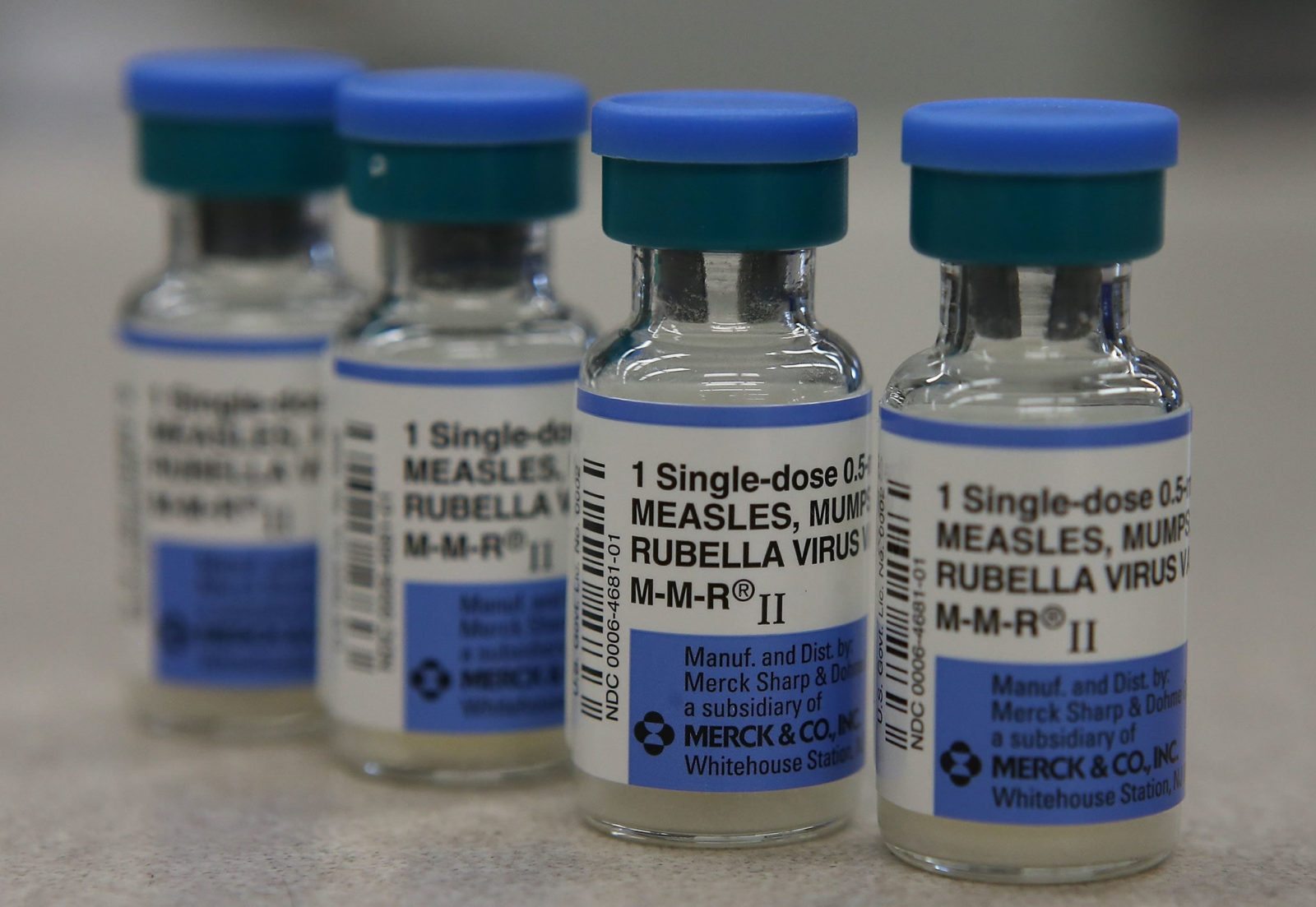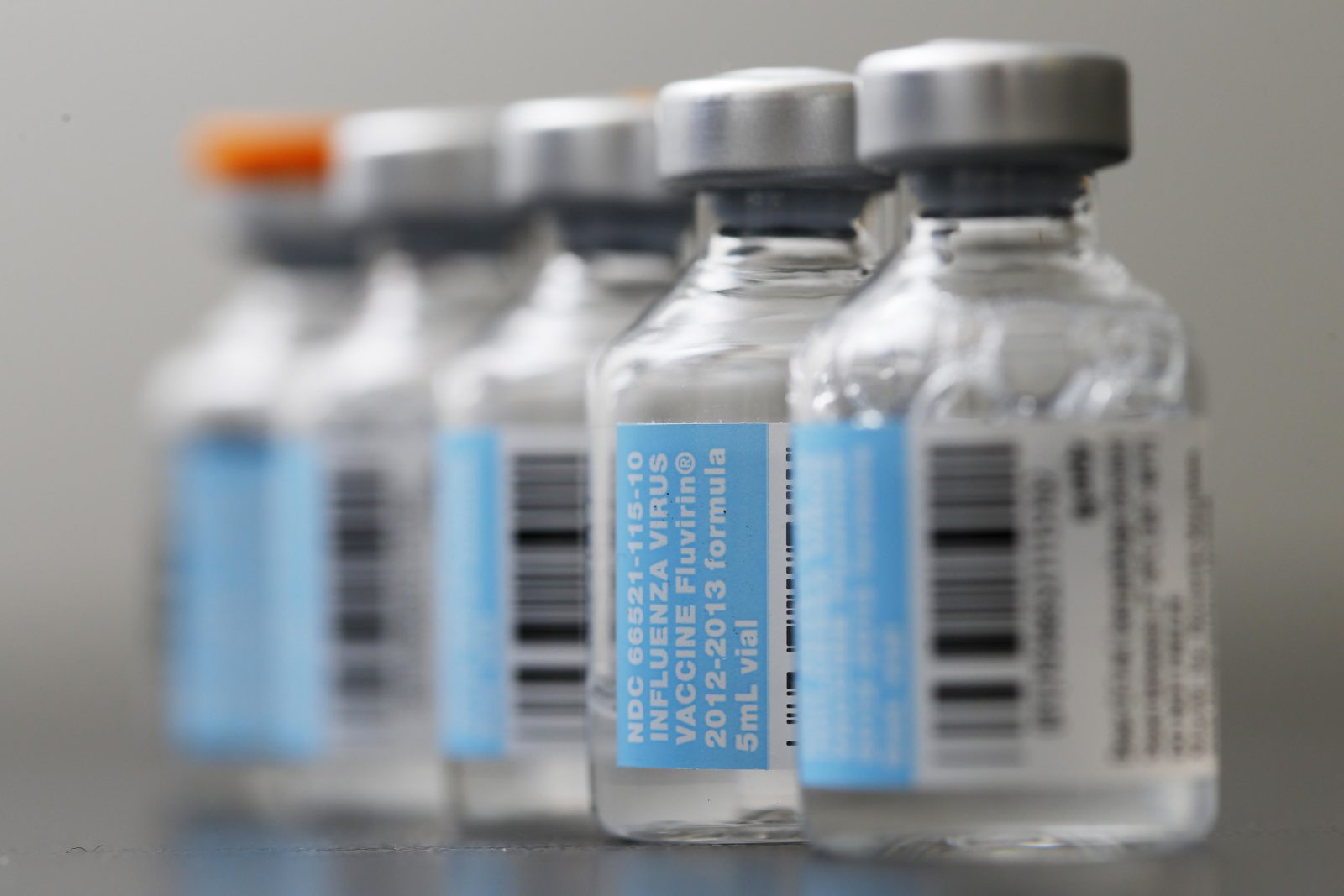Tag: epidemiology

Pee Values: Tapping into large databases to answer an awkward situation in veterinary medicine
A handy research tool has just helped answer some long standing questions about the spaying of female dogs and urinary incontinence.

Lessons in confounding epidemiology: Household cleaning products, the microbiome and childhood obesity
Do eco-friendly cleaning products prevent obesity? Probably not, and you shouldn't be eating them anyway.

Are antivaxers “holding science hostage”?
Melinda Wenner Moyer published an article in The New York Times arguing that fear of how antivaxers will react to scientific findings is leading scientists to self-censor. I'm not convinced that this is the case.

Five steps to add ten years to your life expectancy
A new study identifies five lifestyle decisions that can add over a decade to your life expectancy.

The Nation indulges in fear mongering about cell phones and cancer
An article published last week in the Nation likens wireless telephone companies to tobacco and fossil fuel episodes in their tactics of spreading fear, misinformation, and doubt regarding the science of cell phone radiation and health. To produce this narrative, the investigation's authors rely on unreliable sources and cherry pick scientific studies, ignoring the scientific consensus that cell phone radiation almost certainly...

The influenza vaccine and miscarriages: Much ado about nothing
A study published on Wednesday claims to have found a link between influenza vaccination and miscarriage, and antivaxers are gloating. The study itself suffers mightily from post hoc subgroup analyses on small numbers, so much so that even its authors don’t really believe its results. None of that stopped them from publishing the study, thus justifying "more research" that will almost certainly...

Alternative medicine kills cancer patients
By definition, alternative medicine has not been shown to be effective or has been shown to be ineffective. Thus, alternative medicine is ineffective against cancer and can best be represented as either no treatment at all or potentially harmful treatment. It is thus not surprising that cancer patients who choose alternative medicine have a higher risk of dying from their cancer. A...

Diet and exercise versus cancer: A science-based view
Yes, diet and exercise can be useful to prevent some cancers. Unfortunately, they don't prevent all cancers, and the effect size is more modest than often represented. That's not to say that eating right and exercise aren't good. They are, for so many other reasons than cancer. Just don't view them as a panacea for preventing cancer.
The cost of repealing mandatory motorcycle helmet laws
It’s a seldom mentioned aspect of my professional history that I used to do a lot of trauma surgery in my youth. I did my residency at a program that included a county hospital with a busy trauma program where I saw quite a bit of vehicular carnage and an urban hospital (which has since closed) where I saw a fair amount...
New evidence, same conclusion: Tamiflu only modestly useful for influenza
Does Tamiflu have any meaningful effects on the prevention or treatment of influenza? Considering the drug’s been on the market for almost 15 years, and is widely used, you should expect this question has been answered after 15 flu seasons. Answering this question from a science-based perspective requires three steps: Consider prior probability, be systematic in the approach, and get all the...

